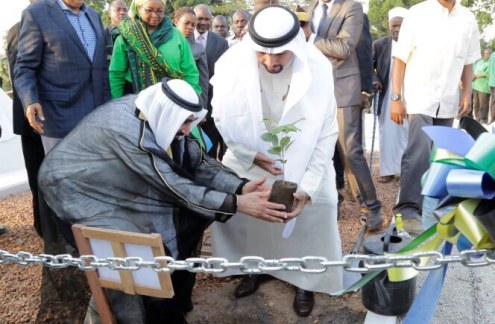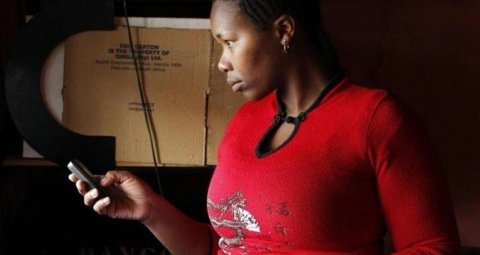South Africans are opposed to nationalisation policies and the Economic Freedom Fighters’ (EFF) leader Julius Malema as their next president; they fear he could run the country into the ground resulting in it being another failed state.
New World Wealth revealed in a report that of the 1,200 South Africans surveyed on who they prefer to be the next president the Democratic Alliance’s Mmusi Maimane ranked higher than Malema at six per cent support versus EFF lesder’s five per cent.
The New World Wealth report showed that most South Africans surveyed where opposed to the idea of Malema becoming president particularly due to his liking of Zimbabwe’s veteran leader and dictator
“There are concerns that SA could go down a similar path if Malema comes to power. [Malema’s unpopularity was revealed by his thin support of] five per cent of people polled who said he would be the best candidate,” revealed the report.
The country’s deputy president is the most preferred candidate to take over from the incumbent Jacob Zuma. 71 per cent of people polled said Cyril Ramaphosa would be the best candidate.
“He is arguably the most well defined and well-known potential candidate as he was heavily involved in the formation of the new South Africa during the 1990-1994 negotiations,” read part of the report.
“Ramaphosa has extensive experience as a lawyer, business leader, politician and trade union leader. He has previously served as ANC secretary general and NUM secretary general (and founder). It is well known that he was Nelson Mandela’s pick as future president.”
The ruling African National Congress’s Baleka Mbete is the third most preferred candidate according to the survey with eight per cent of people polled saying she would be the best candidate.
“In her favour, there is strong pressure for a female candidate, particularly from the woman’s league,” read the New World Wealth statement.
“It is difficult to say if she will run for the ANC leadership. At this point, she is considered to be the likely vice-presidential candidate for the ANC at the next election.”
The person to take over from Zuma has a number of underlying problems that might negatively impact growth and should be able to tackle these anticipated challenges.
Some of the challenges include a rising level of government regulation in the business sector, the current electricity crisis, a growing number of strikes and labour action over the past few years.
The country is also facing HIV epidemic with current estimates suggesting that 22 per cent of the adult population is HIV positive, government corruption and inefficiency and also a relatively high crime rate, which deters foreign investors and tourists.
Source: CNBC Africa



